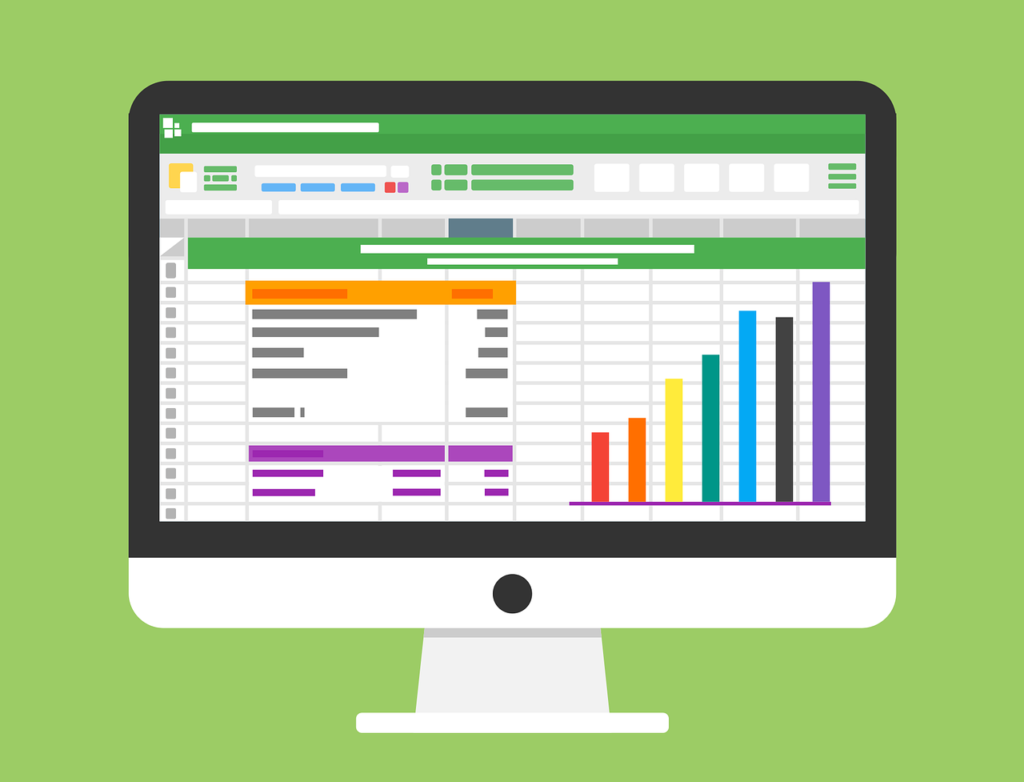

Editor's Note: This post was originally published on June 10, 2018, and updated for accuracy and comprehensiveness.
Pro sports teams have analytics departments that use powerful statistical models and advanced metrics to recruit, strategize, and more. Everyone uses these statistics, from coaches to sportscasters, to fans. As in sports, field service organizations collect vast amounts of data and analyze it to predict outcomes, ensure customer happiness, and increase the likelihood of long-term success.
Technology solutions on the market harness the power of vast amounts of data gathered, helping field service organizations perform better at every level of the organization, such as:
- Streamlining processes (e.g., optimizing routes and overcoming language barriers)
- Monitoring technician locations at all times during the day
- Identifying job status and monitoring downtime
- Registering and monitoring assets and inventory levels
- Receiving customer approval and sending invoices on the spot via email
Suppose you’ve already jumped on board and embraced a data-driven approach to operations; kudos to you! You’re among the 48% of all field service organizations identified by Gartner, Inc. and Field Service USA that have ditched their manual, paper-based systems and implemented a digital solution. You’ve upped your game and taken an essential first step in an evolving process that will prepare you for the future.
If you have implemented a top-notch digital solution that’s easy to reconfigure and highly scalable, you’re way ahead of competitors. And you gain a competitive advantage as time goes on. Why? Because you have built a foundation to prepare your business for the future.
Dive Deep into Data and Benefits with Predictive Analytics
It’s not a stretch to say the future is now. Just a few short years ago, if someone had told you that you could predict the failure of an asset before it fails or that you could predict that a technician’s habit of arriving late to appointments would cause a loss of customers, you might have scoffed. But making those types of predictions is becoming more common.
Remember when always-connected mobile devices, cloud-based computing, the Internet of Things (IoT), and “machine learning” seemed like futuristic notions? Today, they’re well-accepted tools to help sports teams and field service organizations monitor activity in the field, collect location data, track the success, or failure of specific strategies. In sports and field service, the technology available today is helping make “predictive intelligence” a valuable tool.
Delivering Field Service Happiness
Customer and sports-fan happiness are directly related to effectiveness in (or on) the field. They indirectly affect how organizations are structured to support their workers or players with data-driven strategies and predictive intelligence. Take the first steps by collecting lots of data from many different sources, analyzing it from different angles and viewpoints, and devising strategies to help predict positive outcomes. It’s what sports team owners and coaches have been doing for years to create winning teams and happy fans.
